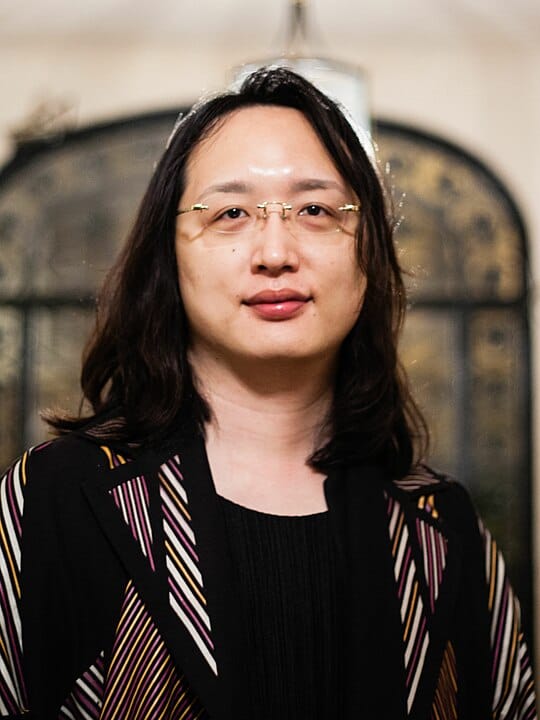
🙅♀️ Prebunking - how Taiwan resisted China's information warfare
Showing people in advance what the manipulators will claim gives people mental antibodies to resist disinformation.
Share this story!
There is a Danish version of me.
Denis Rivin runs #ActualNews, a Danish newsletter with critically optimistic news. He has given a TEDx talk on Critical Optimism, lectures on optimism, and says his optimism is driven by anger.

When he heard about an angry optimist in Sweden who has a newsletter with fact-based optimistic news, lectures on optimism, and has given a TEDx talk on optimism and ideas, he reached out. "You are me, and I am you," he wrote.
Of course, we had to meet. We did so at the Copenhagen Democracy Summit.
When we spoke after listening to a discussion on democracy and technology, we had - unsurprisingly - reacted to the same thing: Prebunking!
Prebunking is what it sounds like
Denis and I had never heard of prebunking, but it sounded brilliant. It was Taiwan's Minister of Digital Affairs, Audrey Tang, who explained how they used it to resist China's information warfare before and during the election held in January. As I wrote on Tuesday, Taiwan was very successful in combating disinformation.

Prebunking is exactly what it sounds like. You counter disinformation before it reaches people.
This is how Audrey Tang described it:
"What's crucial is preempting the information manipulation before it reaches people. To do that, you need to figure out the grand narratives the manipulators use."
She gives an example of such a narrative and how they countered it:
"For instance, there might be claims about the election process being rigged or the counts being doctored. We encourage people to take their recorders and phones to the counting stations because we use paper ballots for presidential and legislative elections. Anyone can film each count from three different directions and keep a complete record. Interestingly, this quickly ends conspiracy theories after the election because all three major parties have people in the counting stations who can attest that there's no election rigging."
Mental antibodies
In a 2022 study, researchers tested showing people 90-second video clips of tactics used by manipulators to create disinformation. Those who watched the video learned to identify disinformation later on.
"So think about when you get a vaccine. It has a microdose of the virus. It’s not the whole virus, but it’s like a little piece of it that your body can recognize,” said Beth Goldberg, head of research at Jigsaw, to the International Fact-Checking Network about the study.
Similarly, you can show people what disinformation will be spread.
"It’s the same thing in a prebunking video; we show you a little clip of the propaganda, so that you can recognize the manipulation tactics going forward."
What pessimists constantly miss
The 1500 experts who argued that AI disinformation is a greater global threat than war missed two things. Firstly, how difficult it is to convey information and have an influence with it, as I mentioned on Tuesday. But also how good we are at solving problems.
Pessimists are very visionary when they think about the future. They can see a small problem and effortlessly visualize how it grows into an enormous threat. When it comes to finding solutions to counter the threat, their energy seems to run out. They can't envision something like that.
Taiwan shows how humanity constantly moves forward. A small democracy threatened by a gigantic dictatorship. Subjected to massive information warfare but solves the problems and resists it.
Taking problems and threats seriously is good. Disinformation from AI and other sources is a real problem and a real threat. But it can be countered. Because we are really good at solving problems. This is often forgotten when painting horror scenarios.
Mathias Sundin
The Angry Optimist
By becoming a premium supporter, you help in the creation and sharing of fact-based optimistic news all over the world.


